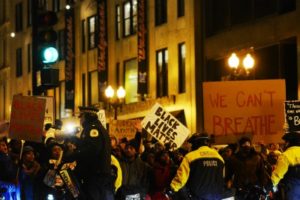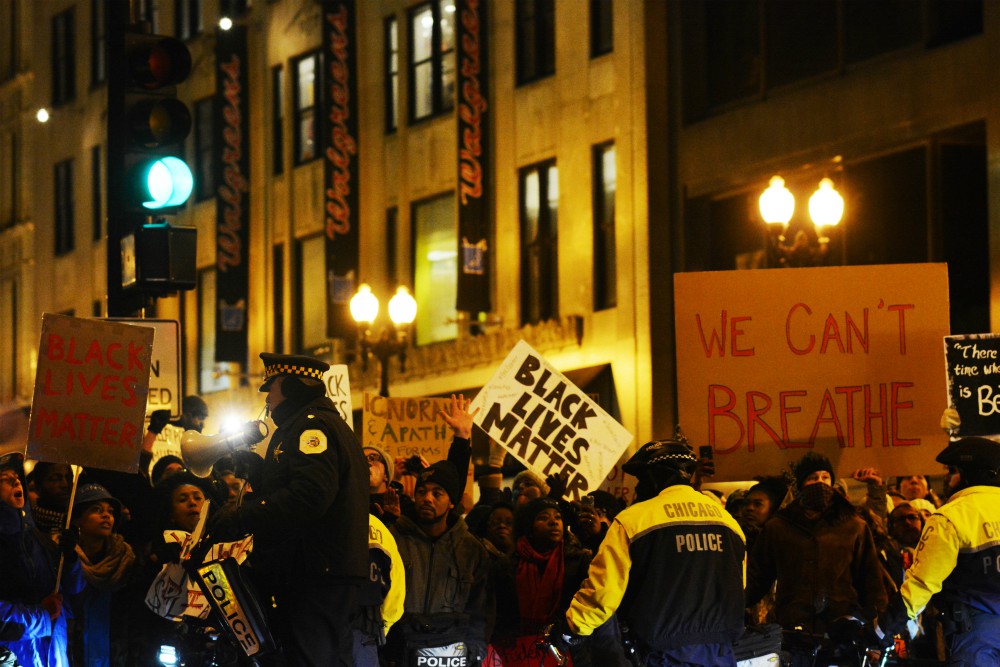On June 16 and 17, 2020, the UN Human Rights Council in Geneva held an Urgent Debate on “current racially inspired human rights violations, systemic racism, police brutality against people of African descent and violence against peaceful protests.”

iStock.com/PaulMoody123
In light of the issues brought the public eye by George Floyd’s death, during a recent meeting of the Human Rights Council, Dieudonné Sougouri of Burkina Faso, the coordinator of the African group of 54 member states, spoke to the issue of endemic racism. He said: “The tragic events of 25 May in Minneapolis in the US which led to the death of George Floyd led to protests throughout the world against police brutality that persons of African descent face on a daily basis in many regions of the world.” He then called on the Human Rights Council to organize a debate on violations of human rights based on racism, police brutality and violence against peaceful protests, which was held June 16-17.
Immediately after the death of George Floyd, Michele Bachelet, the UN High Commissioner for Human Rights, spoke to the need for the United States to change the procedures of policing and also to charge and convict police officers who use excessive force. She recognized the role of racial discrimination in such deaths as that of George Floyd and the need to address the issue of racism. During the Urgent Debate she noted the need for decisive action around the world to face and combat pervasive racism.
Deputy Secretary General Amina Mohammed, speaking on behalf of Secretary General Antonio Guterres, noted that racial violence spans history and national borders. She, like many others, called for action and structural change and the need to work together across the globe to dismantle racist structures which exist in education, healthcare and legal systems.
Recalling that 2020 is 500 years since the beginning of the transatlantic slave trade, more than twenty senior leaders of the UN who are African or of African descent published a statement calling for UN action to assure that Article 1 of the UN Charter, which promotes and encourages “respect for human rights and for fundamental freedoms for all without distinction as to race, sex, language or religion” be more than words on a page.
This year, at the midterm review of the International Decade for People of African Descent, intended to promote and protect these people who have made many important contributions to society, scheduled for September, the General Assembly intends to share good practices and see what actions to take in the future to stop discrimination and promote inclusion. Interestingly, in mid-March, even before the killing of George Floyd at the hands of police in Minneapolis, Minnesota, Michele Bachelet, the UN High Commissioner for Human Rights said: “We need to tackle disproportionate police violence, racial profiling, mass incarceration, and structural racial discrimination in health, employment education and housing.”
It is clear that “Black Lives Matter” protests across the globe are having an important impact on both individual countries and the United Nations to address the issue of systemic racism during this Decade for People of African Descent.

